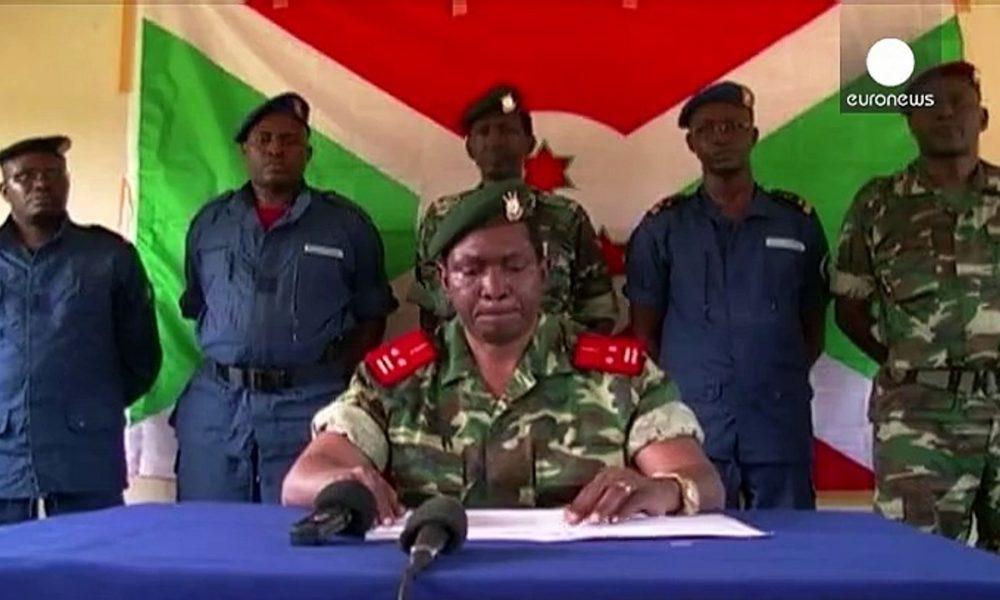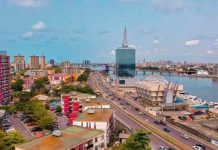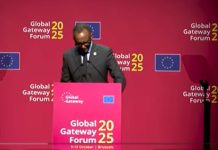Africa-Press – Rwanda. On May 13, 2015, a Burundian senior military officer, General Godefroid Niyombare drove in a heavily guarded convoy and entered the premises of the national radio station and announced that he was “dismissing President Pierre Nkurunziza.”
President Nkurunziza was at the time in neighbouring Tanzania attending the 13th Extraordinary Summit of the East African Community Heads of State, which had been convened to discuss the situation in Burundi.
Nkurunziza quickly attempted to return to Burundi, but he was apparently unable to do so because rebel soldiers had taken control of the airport in Bujumbura.
Nevertheless, the head of the armed forces, Prime Niyongabo, said on state radio during the night of 13–14 May that the coup attempt had been defeated, and he called on rebel soldiers to surrender.
Loyalist forces remained in control of the state radio and presidential palace. Shortly thereafter, “heavy fighting” was reported around the state radio as it was attacked by rebel soldiers.
Nkurunziza’s office announced the president’s successful return to Burundi on 14 May, as army and police loyal to Nkurunziza regained control of much of Bujumbura.
On 15 May, the government claimed it arrested Niyombare and two other leaders of the coup and would charge them with mutiny.
Early on May 15, Niyombare said that he and the other coup leaders had decided to surrender to government forces. Meanwhile, Nkurunziza returned to Bujumbura.
Speaking on state radio later on that day, he said that there was “peace in the whole country” and vowed that anyone trying to stir up unrest would fail. The government also disclosed that Niyombare was still at large, contradicting an earlier statement that he had been captured.
According to various sources, the Burundi coup plotters are believed to have crossed into Rwanda as refugees fleeing unrest in Burundi as the situation that time had turned extremely ugly.
Since then, the relations between Rwanda and Burundi have remained frosty and suspicious despite recent attempts by both sides to resume contacts. The border between the two countries remains closed on the Burundi side.
Burundi demands that Rwanda hands over the coup plotters as a condition to regain its trust and possibly resume bilateral cooperation.
“The so-called coup plotters ran to Rwanda as refugees, and we are bound by international norms in terms of handling refugees. So Rwanda cannot hand them back. We would be breaching international law,” Prof. Manasseh Nshuti, Rwanda’s State Minister for EAC Affairs told the East African last year.
This is where there is a difference of views between Kigali and Gitega. The Burundian authorities are still asking for the handover of the putschists, including Gen. Niyombare and his accomplices.
“So I think Burundi should not be using this excuse of refugees. They also have our refugees but we are not asking them back. No government should be able to do that unless the person is not a refugee but is a criminal,” Prof. Nshuti said then.
On August 19, the Burundian Prime Minister, Alain-Guillaume Bunyoni said in a Press statement, “As soon as this request is honored, relations will return to normal.”
Close analysis of statements from both sides indicates there is good intention but the path is still bumpy.
President Paul Kagame on September 5, had a conversation with press and as expected, journalists requested for progress on the relations between Rwanda and Burundi.
“With Burundi, we want to improve our relations, and Burundi shows this will, from what we have heard and seen. Our ministers and security officials continue to meet, ”said the Rwandan head of state.
“I think the situation is improving. And this is in the interests of Burundi and Rwanda. We are on the right track and this is essential, we must continue to encourage different parties to work together. In any case, this is necessary,” he said.
“And when you look for the causes of bad relations (with Burundi), you can’t find any. Nothing equals living on good terms with your neighbours, ”said President Kagame.






